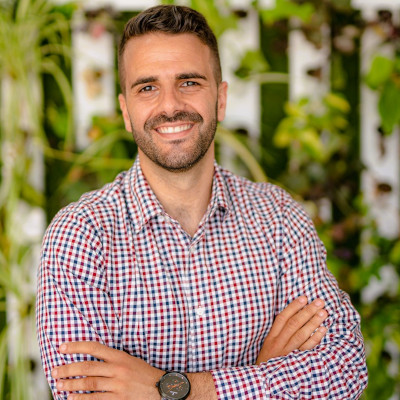Speaker

JONATAN MOLINA
UMH. SPAIN
Ph.D. in Psychology from Miguel Hernández University (UMH). Professor at the European University of Valencia (UEV) and associate professor in the Department of Health Psychology at UMH. Member of the Childhood Research Center (CII).
He combines his clinical consulting work with teaching at various universities. He coordinates the Clinical Case Supervision Working Group for Children and Adolescents at the Official College of Psychologists of the Valencian Community (COPCV) and is a founding member of the Spanish Society of Child and Adolescent Clinical Psychology (SEPCIJ).
Clinical cases in child and adolescent psychology

Psychological problems in the child and adolescent population have increased in social relevance in recent years. This has translated into an increase in demands for psychological assistance in children and adolescents and the presence of more complex issues that do not always fit into the disorders listed in diagnostic classification systems. There are many evidence-based assessment, diagnostic, and intervention strategies for psychological problems in children and adolescents. However, it is not always easy to choose which ones are most suitable for the specific case of our patients. Improving clinical practice involves knowing and mastering the procedures that science says work, but also developing skills to understand the problems of clients and adapt these procedures to their needs.
In this symposium, 4 clinical cases will be presented by 4 child and adolescent therapists with extensive experience in the clinical field. The main objective of the symposium is to illustrate the process of assessment, diagnosis, and/or intervention followed in different psychological problems in children and adolescents from an evidence-based perspective. The symposium aims to create a learning space through the presentation of real clinical cases to assist child and adolescent psychologists attending the symposium in clinical decision-making and in improving their therapy outcomes.







